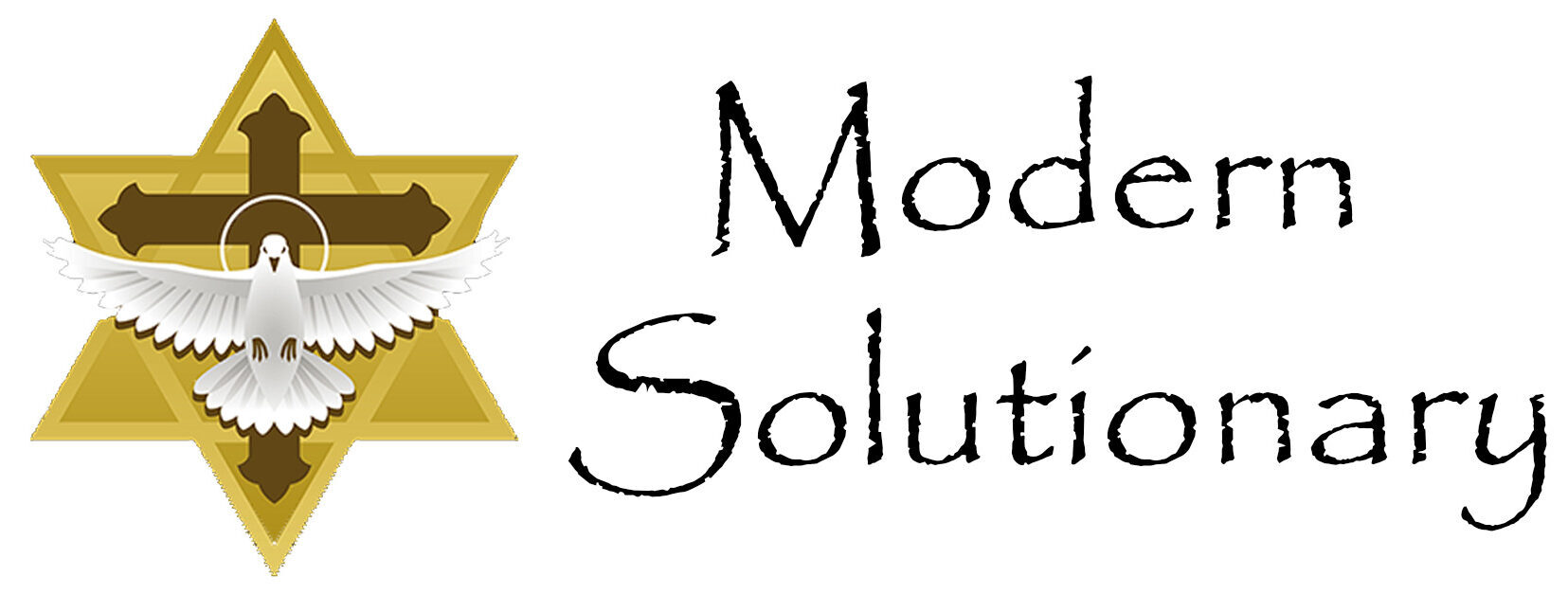
A young couple moves into a new neighborhood. The next morning while they are eating breakfast, the young woman sees her neighbor hanging the wash outside.
“That laundry is not very clean,” she says to her husband. “She doesn’t know how to wash correctly. Perhaps she needs better laundry soap.”
Her husband looked on but remained silent.
Every time her neighbor would hang her wash to dry, the young woman would make the same comments.
About one month later, the woman was surprised to see a nice clean wash on the line and said to her husband: “Look, she has learned how to wash correctly. I wonder who taught her this.”
The husband said, “I got up early this morning and cleaned our windows.”
And so, it is with life. What we see when watching others depends on the purity of the window through which we look.
Author Unknown
This story, with the reference of the clothes being hung on a line, brings me back to the days of my childhood, a time more relaxed, more open and more neighborly. You can almost smell the freshly mowed grass and the scent of honeysuckle that clings to the linens. It also reminds me that even back then, with the purity of the past sometimes being a fantasy, we are prone to unfair critique of the work of others before considering all the facts.
Today as well as years ago, people may look upon a coworker’s work with less than praise and admiration. Just as in the retelling of the tale, those who think they could do better sometimes are too quick to judge without bothering to learn more about the situation or to offer constructive assistance. Of course, we have our reasons, all of which are valid; “We are too busy.” “It is not my job to teach them how to do their job.” “Let them pay the price to learn the way I did.” We can go on and on but instead maybe we should reflect on the fact that we too are human and maybe…just maybe, it is us who may need teaching, coaching or mentoring.
In the story the author uses the word young to describe the couple. That adjective is probably a key to describing the woman’s weakness or character flaw. When someone jumps to conclusions, they are usually using a careless decision-making technique. This technique is used when we lack education and / or experience. Both can be obtained but not without the availability of precious time, time we don’t have at the moment of the decision. When one does not have the luxury of time needed to acquire the education or experience needed for a wise decision, we should turn to a trusted Solutionary, advisor or mentor. If we refuse to seek council, it is usually because we may wish to mask the fact that we do not know enough so we risk looking foolish instead.
Many of us will probably remember the Three Principles of Wisdom, especially the third one, even so the important lessons bear repeating often.
First, we must always do what is deemed as right. We should be just in all dealings since trust is earned by actions not merely words or thoughts.
Second, always engage yourself fully in giving freely 100% of the talents, skills and abilities that you possess. Do all that you can as well as you can.
The third and final one is the gold standard, a benchmark beyond reproach. You should, in all dealings, treat others as you wish to be treated.
Anthony “Tony” Boquet, the author of “The Bloodline of Wisdom, The Awakening of a Modern Solutionary”
If this is my last post, I want all to know there was only one purpose for all that I have written; to have made a positive difference in the lives of others.
